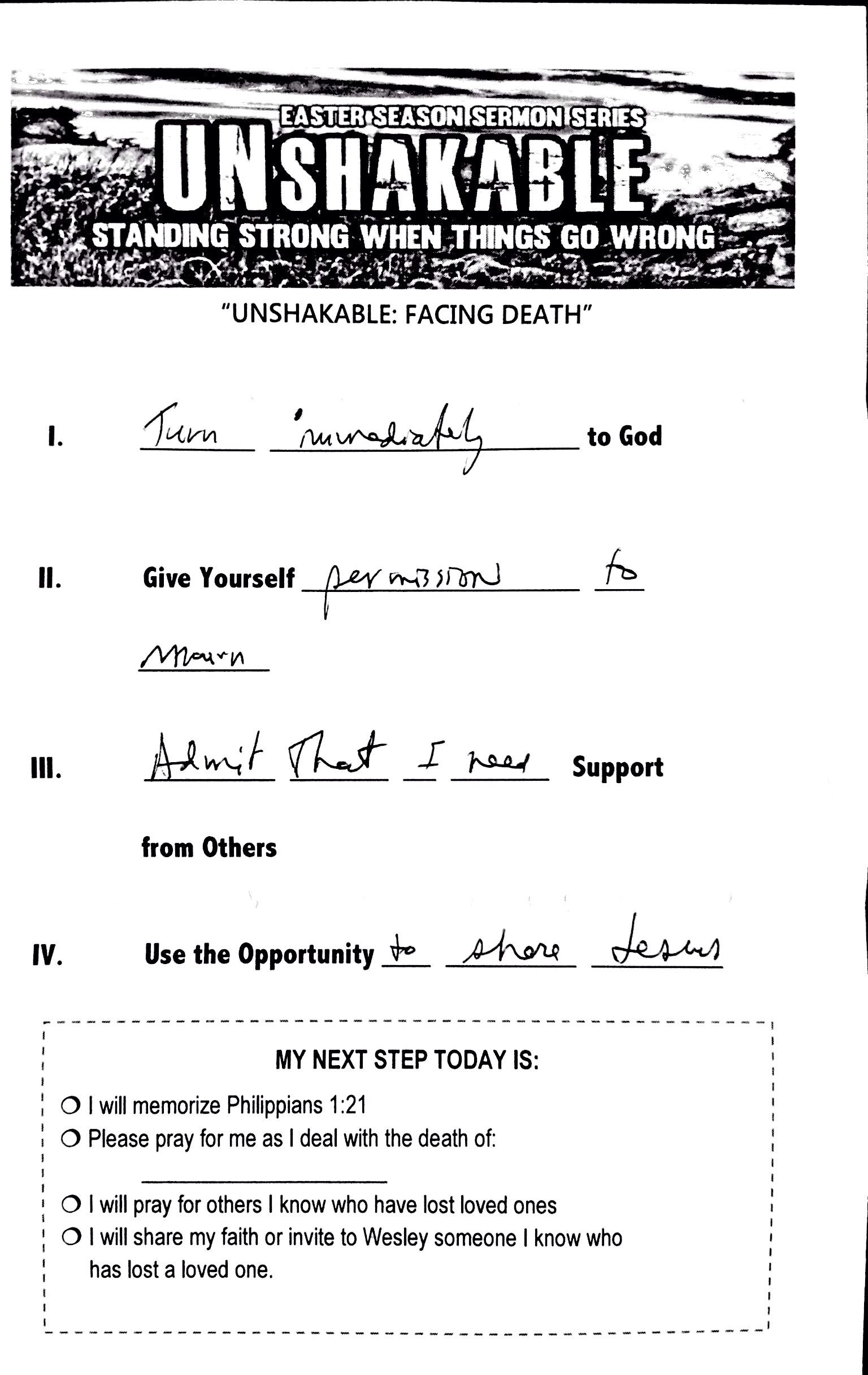In the face of mortality, individuals often grapple with overwhelming emotions ranging from despair to trepidation. However, the Bahá’í Faith presents a paradigm shift that allows individuals to approach the concept of death—and, by extension, even death sentences—with a sense of profound joy and unshakable faith. This article delves into the teachings of the Bahá’í Faith regarding death, illuminating how such beliefs cultivate resilience and spirituality that transcend the materialistic concerns of this world.
At the core of Bahá’í teachings is the recognition that life is an everlasting journey, where the mortal experience is but a fleeting phase in the soul’s progression. Bahá’ís believe that the soul continues to evolve and ascend in the afterlife, contributing to an understanding that earthly existence is not an end but rather a preparatory stage for an eternal journey. This perspective on life and death aids believers in embracing their mortal reality with acceptance and grace, ultimately transforming the fear of death into joyous anticipation of a new, divine chapter.
One esteemed principle in the Bahá’í Faith that underscores this outlook is the belief in the oneness of humanity and the universality of divine justice. Every soul is believed to possess inherent dignity and is bestowed with purpose. Faced with a terminal circumstance, individuals can draw solace from the prospect that their sacrifices may be contributing to the advancement of collective human consciousness. This sense of purpose, even amid personal tribulation, fosters an unshakable faith that propels adherents toward tranquility in the face of dire circumstances.
A poignant example is the life of the Bahá’í martyr, the revered figure known simply as the Bab. When confronted with a death sentence, the Bab exemplified unyielding faith. He articulated that even though his physical form would perish, the impact of his teachings would endure, illuminating the hearts and minds of future generations. This notion of legacy, especially in the context of a death sentence, fosters a sublime understanding that while one’s physical existence may be curtailed, the fruits of one’s labor can create ripples of change that resonate through eternity.
Further, the Bahá’í writings emphasize the essential nature of trust in God. Adherents are encouraged to cultivate a relationship with the divine that ignites courage and resilience. Through prayer and meditation, believers can transcend their immediate fears and anxieties, grappling instead with higher spiritual realities. By surrendering to divine will, individuals find liberation from the fears surrounding death, which are often rooted in material concerns and attachment to the ephemeral world. Such trust fosters an environment where joy can flourish even under the shadow of mortality.
Stories of individuals who have faced perilous situations with remarkable composure and joy are particularly instructive. For instance, consider the account of a Bahá’í who was unjustly imprisoned in a harsh and unforgiving environment. Rather than succumbing to negativity, she leveraged her circumstance to deepen her understanding of compassion, humility, and community. By reframing her experience as a means to serve others—even amidst her suffering—her unwavering faith rendered her a beacon of hope and resilience for those around her. This reinforces the notion that perspective is paramount; joy is a conscious choice that emerges from an unwavering faith amidst tribulation.
In understanding the Bahá’í conception of the afterlife, it becomes evident that there is an intrinsic motivation to confront death with joy. Bahá’ís believe that the souls of the righteous will ascend to a higher realm—a dimension filled with spiritual beauty and enlightenment—where they will be able to experience peace and communion with the divine. This eschatological optimism offers believers a profound sense of comfort when confronted with existential threats, as they welcome death as a transition rather than termination. Consequently, the anticipation of an eternal reunion with the divine and previously departed souls instills hope in the heart of every believer facing mortality.
Moreover, the concept of service is paramount in Bahá’í teachings. Engaging in acts of service to humanity can create an enduring sense of fulfillment that outlasts earthly life. When believers see their purpose as intertwined with the well-being of others, their lives are imbued with meaning that persists beyond physical demise. This commitment to service not only augments their connection to the world around them but also instills a profound sense of joy, even in the most trying times, invoking an inner serenity and satisfaction rarely achieved through material pursuits.
In conclusion, the Bahá’í teachings provide a transformative lens through which one may examine mortality. By embracing the concept of life as an eternal continuum, trusting in divine wisdom, and engaging in purposeful service, adherents can cultivate an unshakable faith that triumphs over despair. Stories of those who have faced death sentences with joy become emblematic of this philosophy, illustrating how faith can alter perspectives, foster resilience, and ultimately lead to a life filled with meaning and joy—even in life’s most daunting challenges. Through these teachings, believers are encouraged to not simply endure life but to embrace it fully, cultivating joy in the present while seeking solace in the promises of the afterlife.
